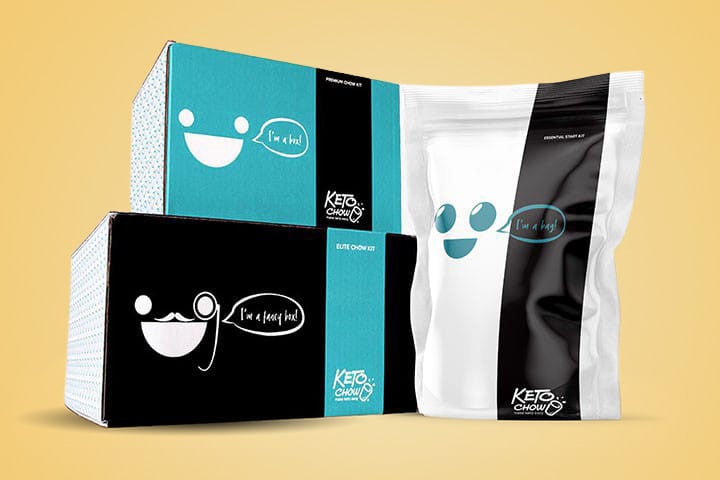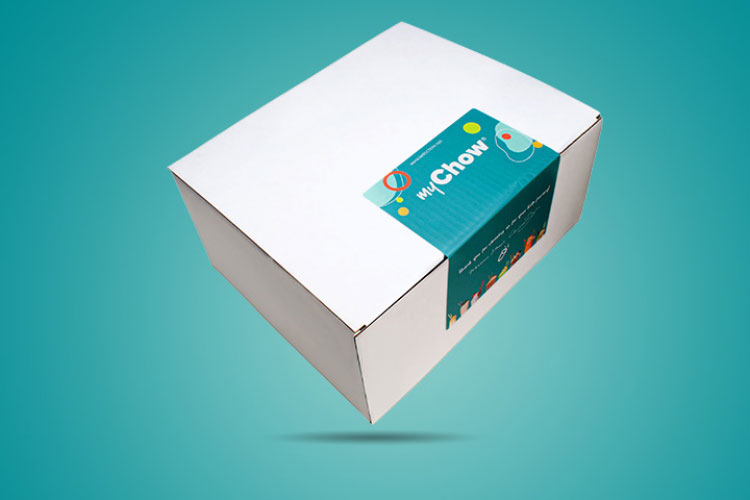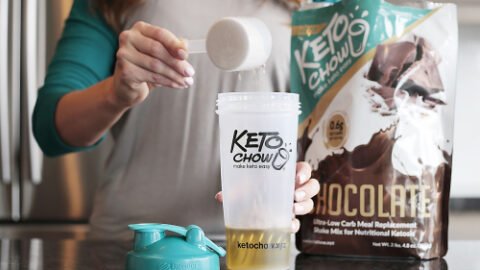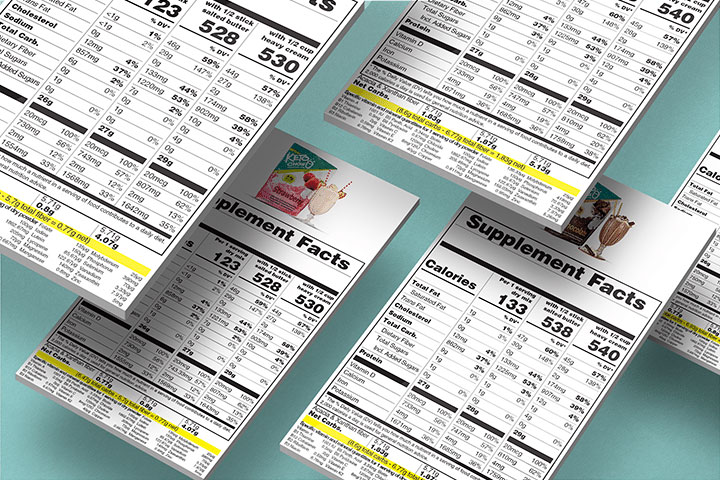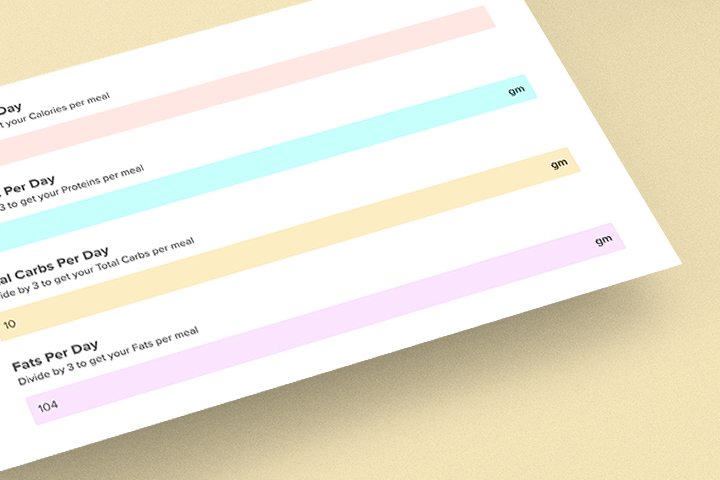We charge sales tax in the areas that require us to collect sales tax, the amount they tell us to collect, on the goods they tell us we must collect sales tax for. Some items will be taxable at different rates than others and in different locales.
We use Avalara, which hooks directly into our shopping cart system. It looks at a few factors to determine what (if any) sales tax needs to be collected for a specific item or items in an order:
- The address of the person we will be shipping to so that the tax jurisdiction can be determined. Some states have 1 unified tax rate, others have different rates for different house numbers on the same street.
- Some customers have provided us with tax-exempt information – Permanently disabled veterans in Oklahoma, for example, come up fairly often. It looks to see if they are exempt
- Finally, the tax classification of each item in the order is individually analyzed to determine the tax rate. Some tax jurisdictions tax things like a plastic blender bottle at 7.65% while an unprepared food like a meal shake is 3%. The final tax amount is determined and shown to the customer at check out.
- On the back end of the tax service, it keeps track of the amount of tax collected for each tax jurisdiction and provides a report for filing monthly sales taxes in each one – that’s our job.
Each item on our site is classified with an Avalara Tax ID. Many are very specific and easy to decide “yep, that’s the one we should use” but others are harder to determine and we’ve even had instances where a tax authority came back and told us that they had decided our classification was incorrect and we needed to change it and pay back tax (that was never collected) plus fines. “Thank you sir, may I have another!” is the only allowed response. If you have been purchasing products from us for some time and we did not collect sales tax in the past, but you are seeing sales tax collected now, it is typically either:
- We passed the threshold of total orders or dollar amount of sales to a state and must now collect tax (see below)
- The item you are purchasing had a change to its tax classification usually as a result of an audit by a tax authority
A few years ago there was a Supreme Court decision (South Dakota vs. Wayfair) that allowed U.S. States to force retailers to collect sales tax, even if the retailer was outside their tax jurisdiction and did not have an actual presence (called a “nexus”). Most states have a specific number of orders per year or a dollar amount of orders that are sold to customers within their jurisdiction that must be reached before a retailer has to start collecting tax. In many states, if you buy something online and you aren’t charged sales tax, you are legally obligated to track that amount and pay sales tax along with your state tax return – many ignore this until their state tax commission audits their expenses and fines them, ask how we know =) A bunch of states joined the Streamlined Sales Tax group (SST) making it extremely easy for retailers to sign up and manage sales tax to those states, and We think this was a great move, the other states are sometimes easy to set up and others are exceptionally difficult with insane regulatory hoops – it’s like they don’t want money.


